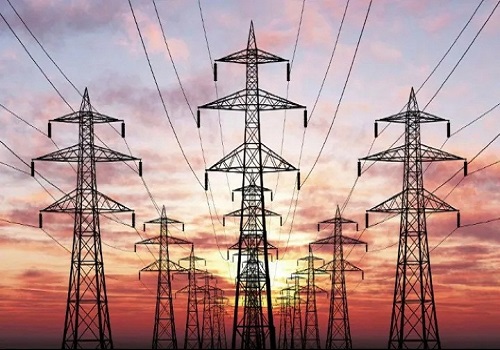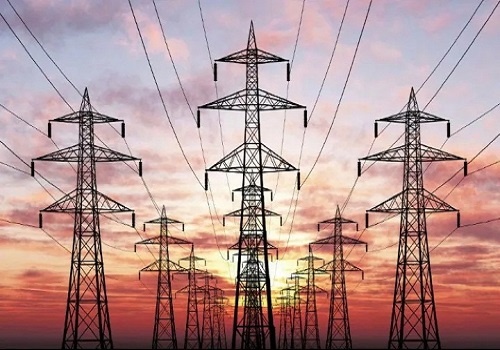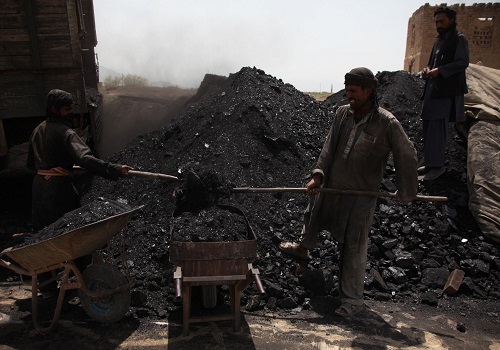Power Secretary reviews status of biomass utilisation in thermal plants
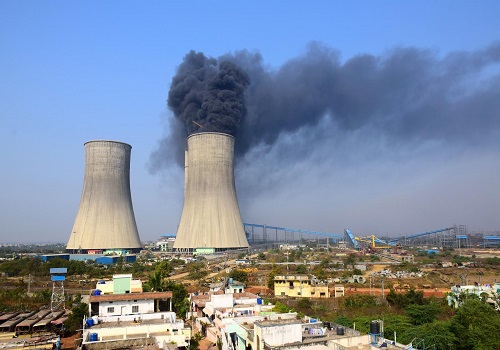
Follow us Now on Telegram ! Get daily 10 - 12 important updates on Business, Finance and Investment. Join our Telegram Channel
Union Power Secretary Alok Kumar has reviewed the status of bio-mass co-firing in the thermal power plants, with senior officials of the Miinistry, the Central Electricity Authority, the NTPC chief, representatives of Punjab, Haryana, and UP, and the Mission Director, National Bio Mission.
It emerged at the review meeting, held on Thursday, that as a result of various actions taken by the government, initiatives for procurement of biomass have been taken up by NTPC and different states.
The central power generator has placed order for 8,65,000 tons biomass pellets for which supply is already in progress. Further, NTPC has placed an additional order of 65,000 tons in October. Another tranche of procurement for 25,00,000 tons is in progress.
Haryana, Punjab, and UP are together procuring about 13,01,000 tons of biomass pellets for co-firing in their power plants. The orders are expected to be finalised in November.
The Power Ministry had, on November 17, 2017 issued a policy on biomass utilisation for power generation through co-firing in coal-based power plants, advising all plants, except those having ball and tube mill, to endeavour to use 5-10 per cent blend of biomass pellets made, primarily, of agro residue along with coal after assessing the technical feasibility, viz. safety aspect etc.
In order to further support energy transition in the country and to achieve the target of cleaner energy sources, the policy has been modified and issued on October 8, to provide the necessary direction in achieving the desired goals.
The "Revised Policy for Biomass Utilisation for Power Generation through Co-firing in Coal based Power Plants" mandates all thermal power plants to use 5 per cent blend of biomass pellets made, primarily, of agro residue along with coal with effect from one year of the date of issue of this guideline. The obligation shall increase to 7 per cent (except for those having ball and tube mill where the use of biomass remain 5 per cent) with effect from two years after the date of issue of this order and thereafter.
It has been advised in the policy that minimum contract period for procurement of biomass pellets by generating utilities shall be for 7 years so as to avoid delay in awarding contracts by generating companies every year and also to build up long-term supply chain.
It had also been decided in the policy that projects set up under Section 62 of the Electricity Act 2003, the increase in cost due to co-firing of biomass pellets shall be pass through in Energy Charge Rate (ECR). And for projects set up under Section 63 of the Act, the increase in ECR due to biomass co-firing can be claimed under change in law provisions.
The Ministry has set up the National Mission on use of Biomass in coal based thermal power plants, to address the issue of air pollution due to farm stubble burning and to reduce carbon footprints of thermal power generation, which would support the energy transition in the country and the move towards cleaner energy sources.
The Mission is fully functional at present and taking steps to encourage and support the biomass co-firing in the thermal power plants.
It is also taking measures for development of the biomass supply chain, sensitising stakeholders, and encouraging budding entrepreneurs.
Recently two training and awareness programmes were organised at Haryana's Faridabad, Haryana and and Punjab's Nangal this month, and both witnessed active participation by the farmers in the region wherein they were sensitised on negative impact of crop residue burning on the soil productivity and avenues to supplement their income by participating in the value chain of biomass co-firing in TPP.
More such training programmes are planned in the near future. Further, large scale advertising and media campaigns are also being done regarding the benefit of eco-friendly utilisation of biomass in thermal power plants.
As a result of these efforts, around 1,400 tons of biomass has been fired in October 2021 and a total of 53,000 tons of biomass has been utilised as green fuel so far.
Stubble burning incidences in the most affected six states like Punjab, Haryana, UP, Delhi, Rajasthan, and MP has reduced by 58.3 per cent in 2021 till date as compared to same period in 2020.
It is expected that the efforts of the Ministry, through the newly-formed National Mission, will be able to curtail air pollution in northwest India as well as prevent loss of fertility of agriculture land and provide a sustainable income source for farmers, suppliers and biomass fuel manufacturers resulting into overall development, an official statement said.




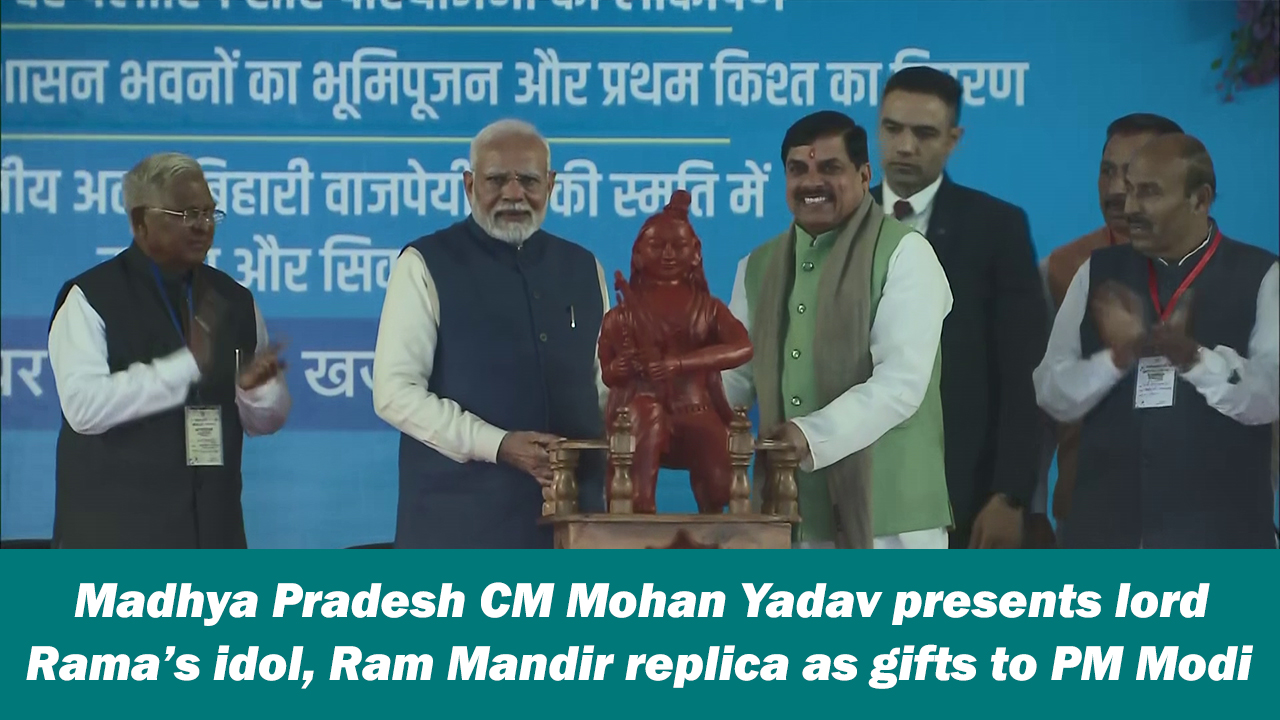

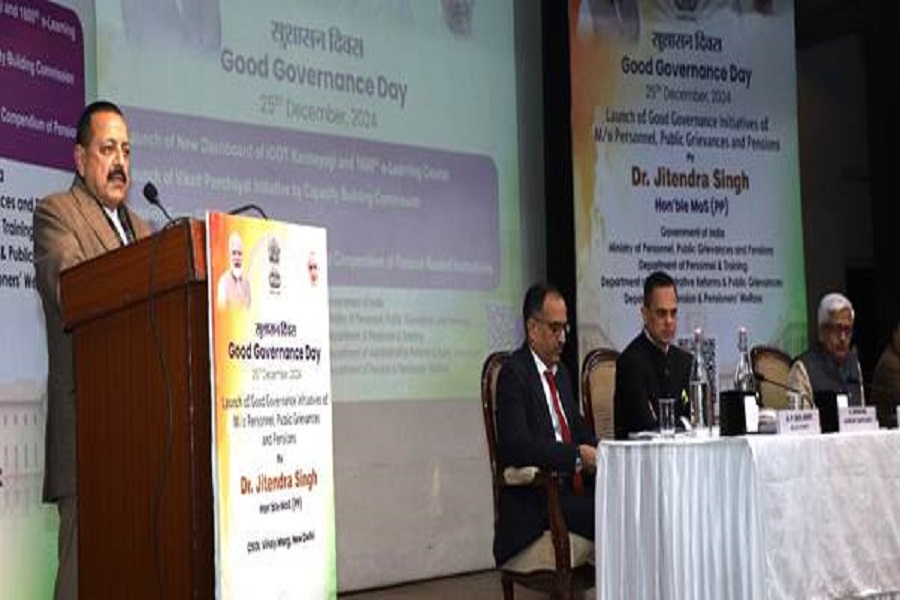





 320-x-100_uti_gold.jpg" alt="Advertisement">
320-x-100_uti_gold.jpg" alt="Advertisement">





